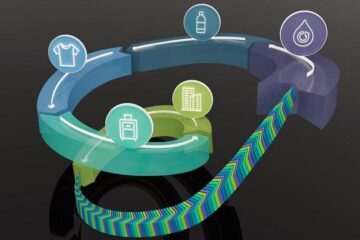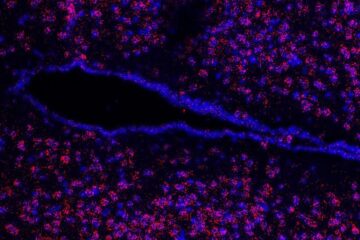Promising new strategy for Swedish medical research

Research scientists at Karolinska Institutet are planning an international initiative to map out the relationships between health, genes and lifestyle. Discussion partners include world-leading researchers from the USA, Britain, Singapore and Norway.
The project has the working title “LifeGene”. If realised, it could be classed as one of the largest and most comprehensive medical projects since HUGO, the mapping of the human genome. The goal of “LifeGene” is to combine advances in modern biotechnology with information on people’s lifestyles. The infrastructure being established will provide new data about the causes of disease and their prevention, as well as refined diagnostic methods and therapeutic opportunities.
It is hoped that “LifeGene” will form a knowledge bank with a public health perspective, providing researchers, public authorities and decision makers with the data and facts they need. The focus will be on diseases affecting the elderly, such as cancer and heart disease, and diseases amongst the younger generation, which are a drain on the general economy as well as on the individual’s well-being. This includes infections, asthma, allergies and obesity. By combining a biological perspective with web based lifestyle information, “LifeGene” will open up new possibilities for a greater understanding of the interplay between heredity, lifestyle and the environment as regards our most common diseases. In the wake of the HUGO project, we now have an opportunity to develop completely new tools for prevention and early diagnosis.
“LifeGene” takes a global perspective. The detailed mapping and understanding of disease patterns in combination with lifestyle factors requires the longitudinal follow up of large groups of healthy individuals. No country can do this alone. Sweden is internationally recognised as an important player in this respect and is even possibly considered a model country. Swedes are well educated and motivated about questions of public health, and the country has a well organised population register and a uniform healthcare system. One key item in the planning of “LifeGene” is to create an environment for people to submit information on their own lifestyles and benign conditions (such as colds and asthma) electronically.
“Sweden’s unique infrastructure means that we have the obligation and the responsibility to take part in these kinds of initiative,” says Professor John Potter of the Fred Hutchinson Cancer Research Center in Seattle, USA.
Media Contact
All latest news from the category: Health and Medicine
This subject area encompasses research and studies in the field of human medicine.
Among the wide-ranging list of topics covered here are anesthesiology, anatomy, surgery, human genetics, hygiene and environmental medicine, internal medicine, neurology, pharmacology, physiology, urology and dental medicine.
Newest articles

Roadmap to close the carbon cycle
A holistic approach to reach net-zero carbon emissions across the economy. A major approach to achieving net-zero carbon emissions relies on converting various parts of the economy, such as personal…

Cost-effective, high-capacity, and cyclable lithium-ion battery cathodes
Charge-recharge cycling of lithium-superrich iron oxide, a cost-effective and high-capacity cathode for new-generation lithium-ion batteries, can be greatly improved by doping with readily available mineral elements. The energy capacity and…

New regulator of eating behaviour identified
The rapidly escalating prevalence of overweight and obesity poses a significant medical challenge worldwide. In addition to people’s changing lifestyles, genetic factors also play a key role in the development…





















